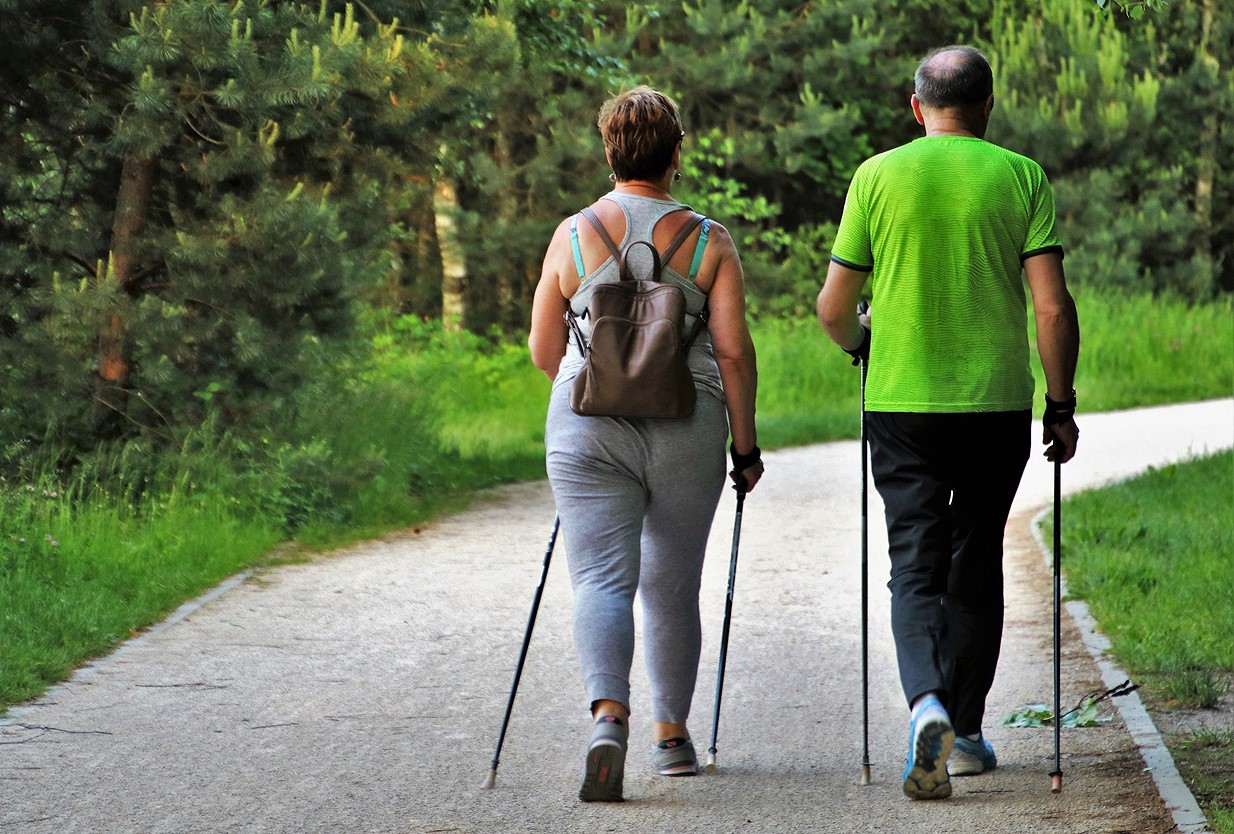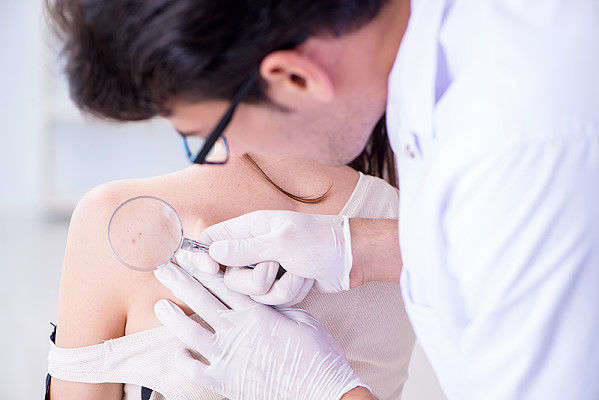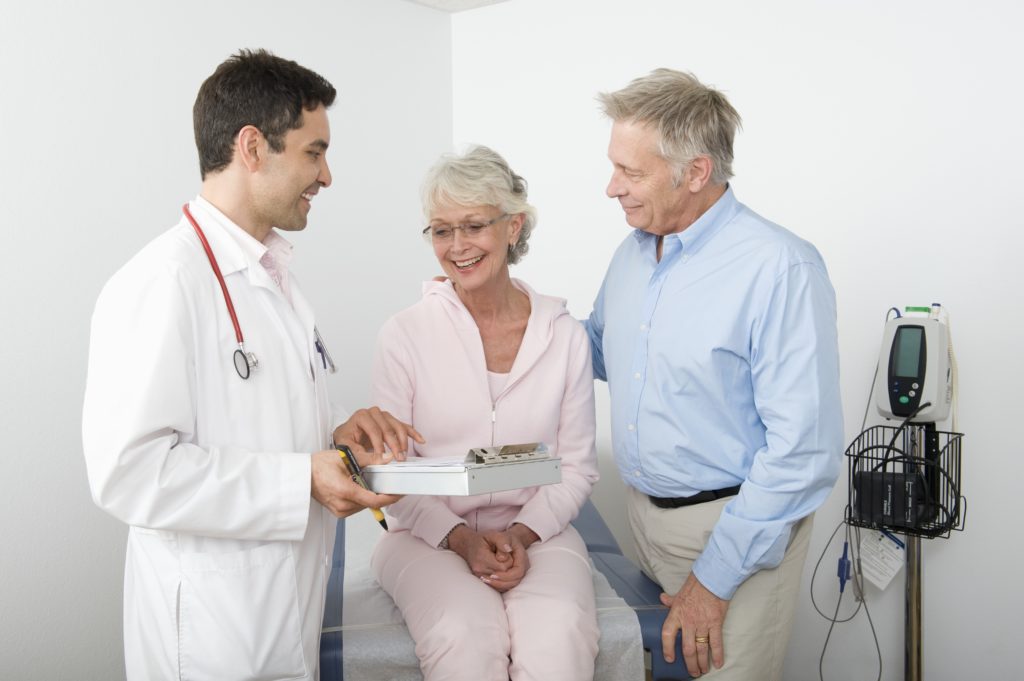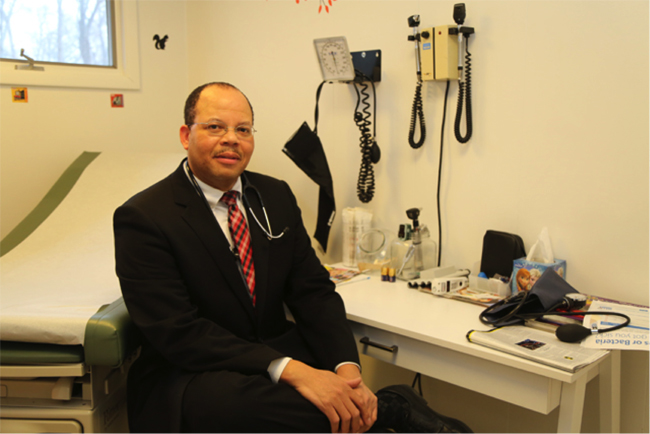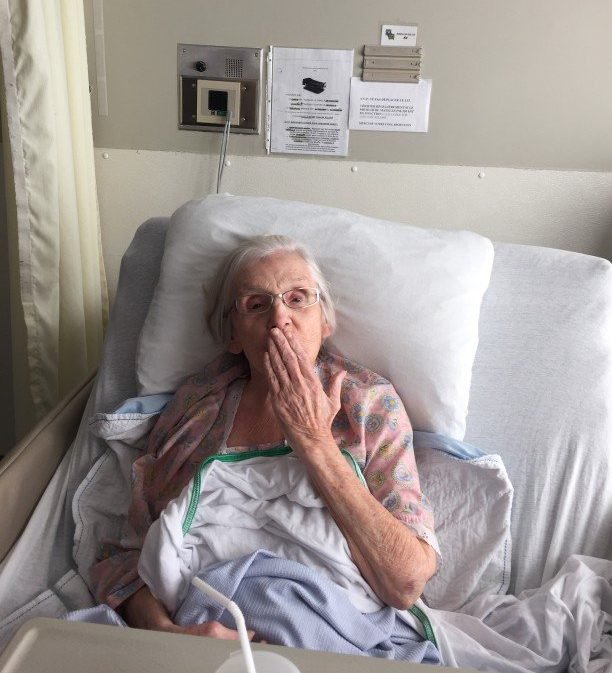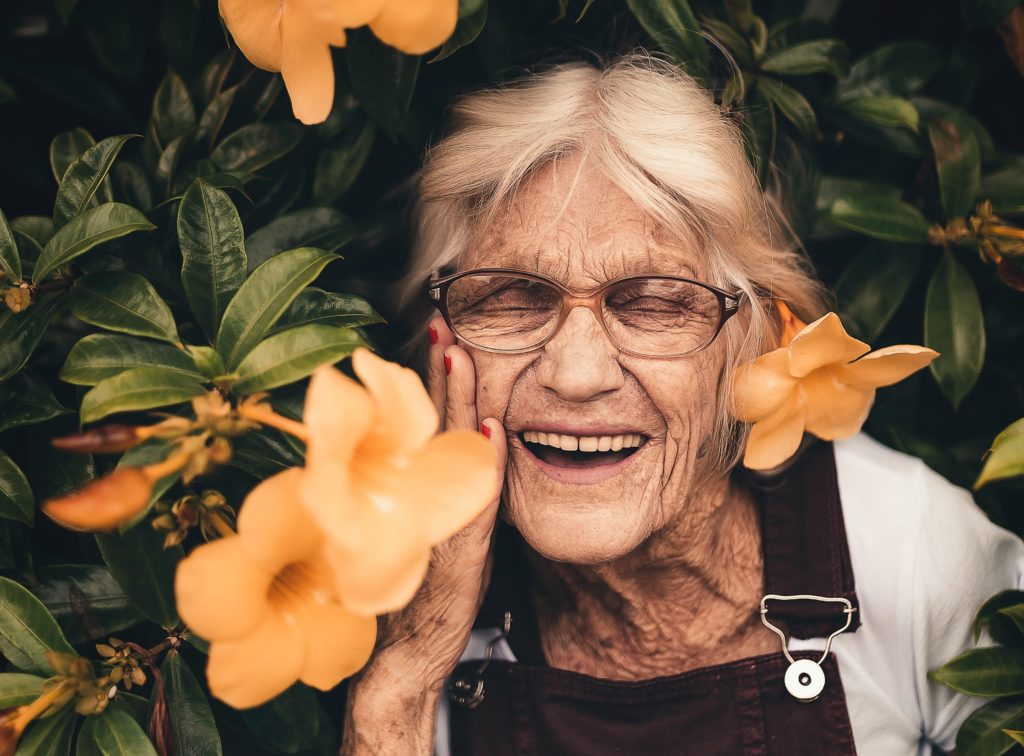
Taking proper care of your teeth and maintaining excellent oral hygiene are essential habits at any age, but they become even more important as you start to grow older. Aging can take its toll on your teeth and gums, making seniors more susceptible to tooth decay and other dental issues.
Good senior dental care can prevent common dental problems like toothache, tooth loss, and gum disease, and also help avoid the need for emergency dental care.
Senior Dental Care Tips
It’s never too late to take oral health seriously. We’ve put together a list of dental care tips for seniors to help you get started.
Brush and floss regularly.
Let’s start the list off with the most basic and most important form of dental care – brushing and flossing.
Brushing and flossing your teeth at least twice a day is must for people of all ages. However, seniors may have to make a few adjustments in the routine because the condition of their teeth and gums are no longer the same as when they were younger.
The older you get, the more sensitive your gums become because of all the wear and tear they went through over the years. To avoid abrasion of the gums and tooth enamel, brush your teeth gently and, if possible, only use soft-bristled toothbrushes.
Moreover, it’s recommended for seniors to use electric toothbrushes as they’re not only easier to hold and operate, but also better at cleaning hard-to-reach areas in the mouth.
If you’re not yet enjoying the benefits of brushing with an electric toothbrush, you better start now!
Avoid tobacco.
It’s no secret that tobacco has negative impacts on health and well-being. It can weaken your immune system and put you in possible risk of developing serious medical conditions.
Seniors who smoke or chew tobacco should seriously consider quitting because aside from its link to cancer, prolonged tobacco use can also lead to periodontal disease and tooth decay, and may even damage your dentures and implants.
If you’re still smoking at old age, you may consult your dentist or primary care physician for smoking cessation techniques to help you quit the habit for good.
Watch out for dry mouth.
Dry mouth is a condition where your salivary glands fail to produce enough saliva to keep your mouth wet. This condition is common among seniors primarily because of the medications that they have to take daily. Medicines for asthma, high blood pressure, arthritis, and cholesterol regulation are known to cause dry mouth.
Having dry mouth is cumbersome because it can make eating, swallowing, and talking difficult. But aside from these annoyances, it can also endanger your general oral health.
Poor oral lubrication can cause cavities and tooth decay, so it’s important to keep tabs of your medications and inform your dentist if any of them leads to dry mouth. Aside from drinking a lot of water, your dentist can recommend other effective methods to combat dry mouth.
Limit your soda intake.
You probably already know that alcohol and sodas are not only bad for your health, but for your teeth and gums as well. Soft drinks and processed juices are loaded with sugar. Consuming these sugary beverages regularly will increase the acidity in your mouth, destroy your teeth enamel, and lead to tooth loss.
Opting for water instead of sugary drinks will greatly benefit your physical and dental health. It’s okay to drink soda once in a while, though. Just remember to drink lots of water afterward to rinse the acid from your mouth.
Care for your dentures.
Dentures make life a lot more convenient for the elderly but, like natural teeth, they are also prone to plaque and tartar build up. It’s absolutely necessary to clean your dentures daily. If you don’t take care of them properly, you might end up with gum disease.
It’s easy to clean your dentures, you can soak them in a cleaning solution recommended by your dentist to loosen the plaque and then give them a good brushing. Also, don’t forget to have your dentures checked at the dentist at least once a year or whenever issues arise.
When was the last time you visited the dentist?
Following these tips will help you maintain good dental health even at old age, but just because you brush, floss, and eat healthy all the time does not mean that you can forgo professional dental care altogether. Make it a habit to visit your dentist every six months, and not only when you feel some problems in your mouth.
Get your gums and teeth checked regularly to stay one step ahead of the various dental problems that most seniors face.
About The Author
 Dr. Gary Salwin leads the Glendale Dental Group, Arizona. He and his team treat dental emergencies and perform a whole range of dental services. He has been practicing dentistry for more than 36 years.
Dr. Gary Salwin leads the Glendale Dental Group, Arizona. He and his team treat dental emergencies and perform a whole range of dental services. He has been practicing dentistry for more than 36 years.


